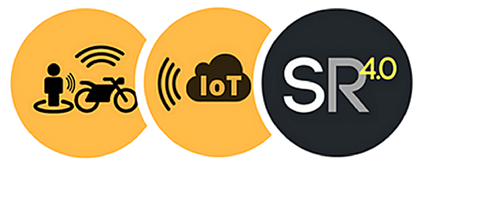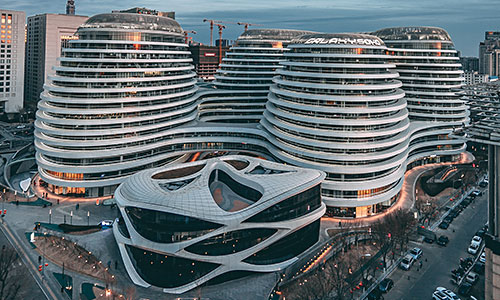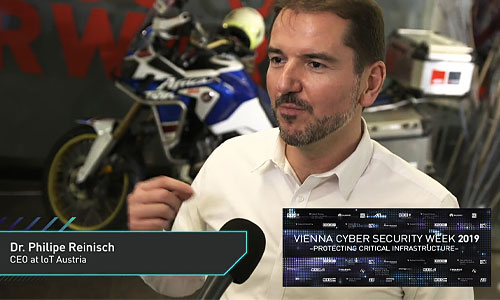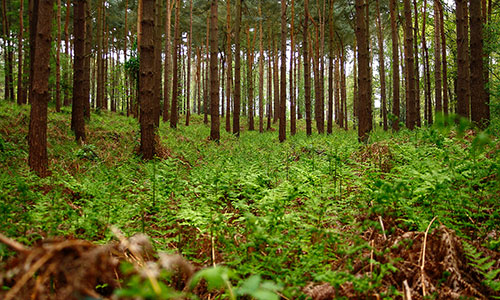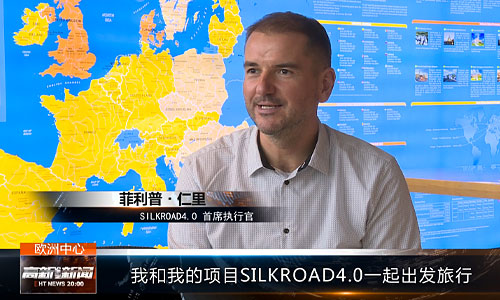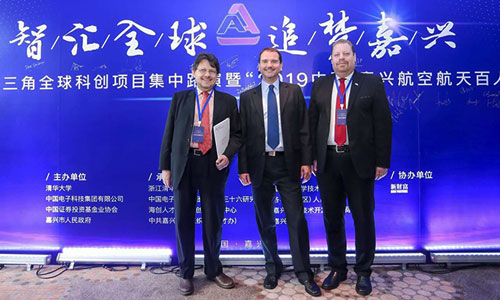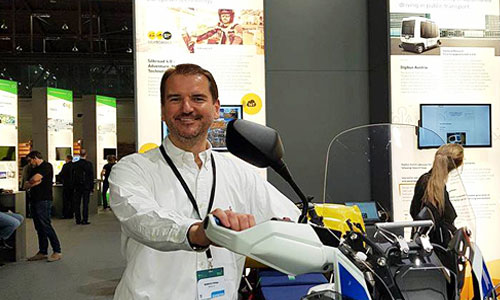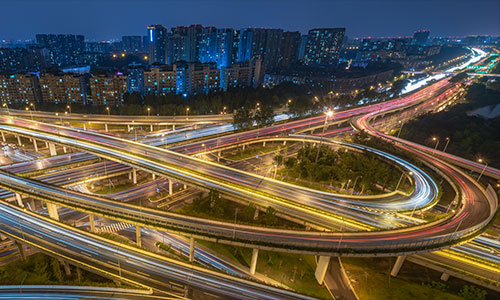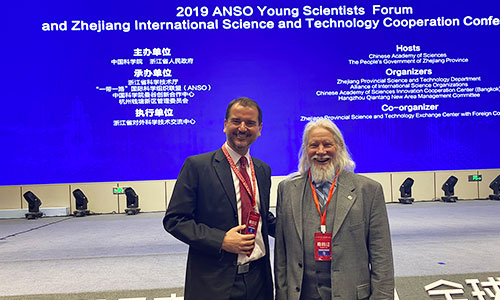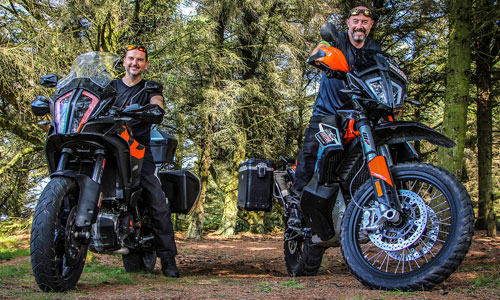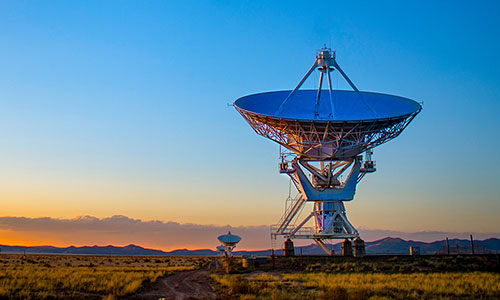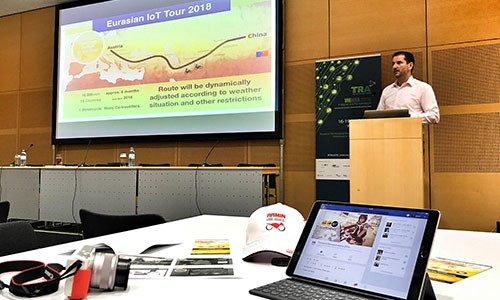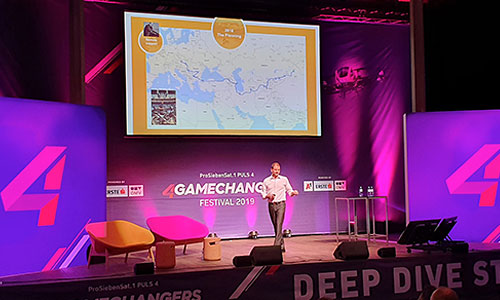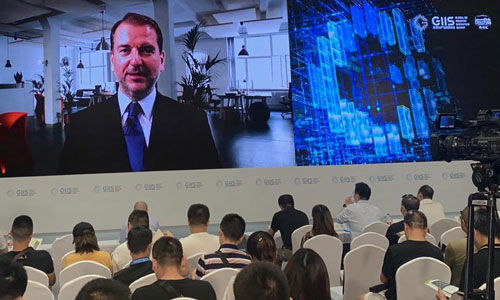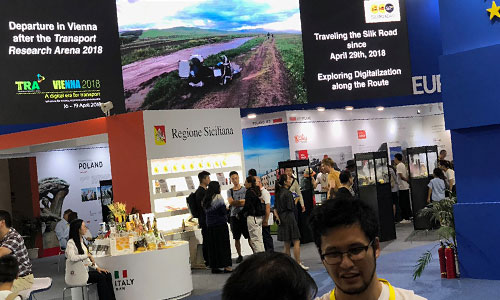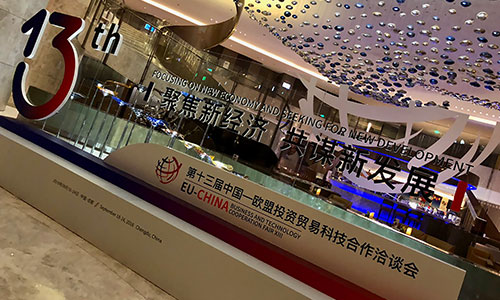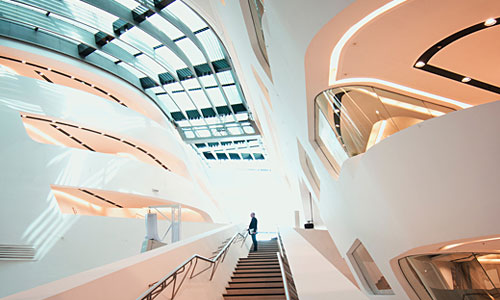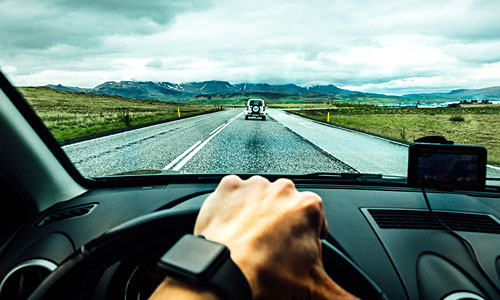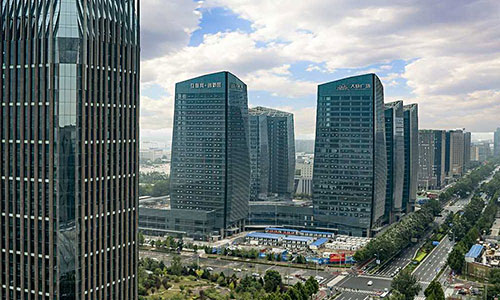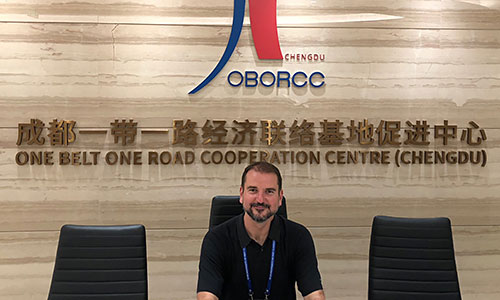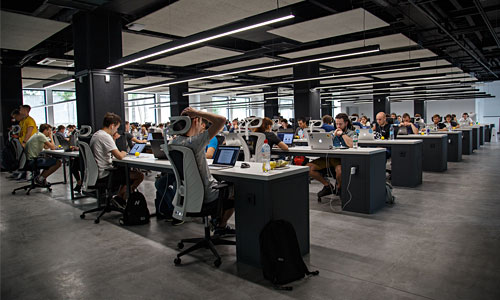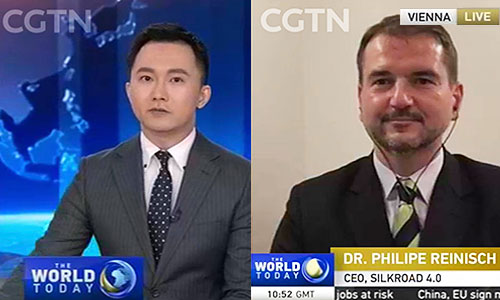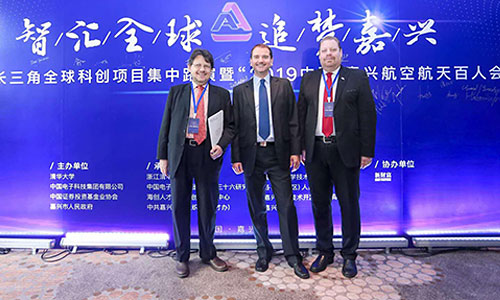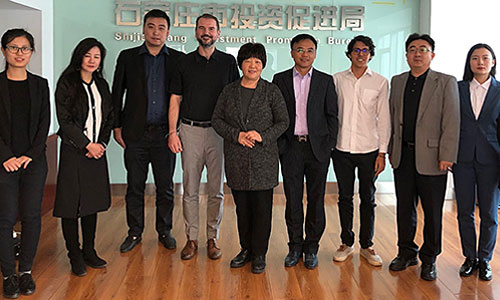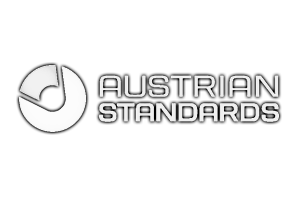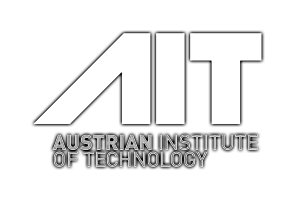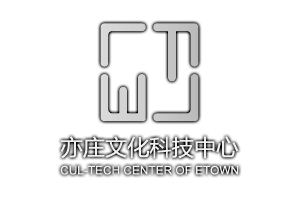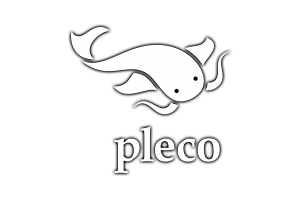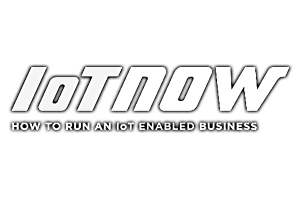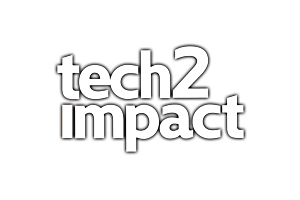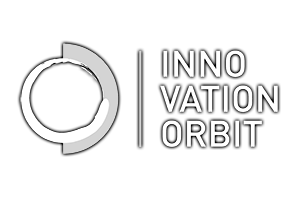TRAVEL EMISSIONS
Like other business travellers, we primarily use ground-based forms of transport such as cars, Jeeps, Land Rovers, motorcycles, trucks, quads and other vehicles driving on roads, tracks, backroads, trails, and very rarely fly anywhere, if we can drive there on an expedition.
For promoting the company, our clients and partners, business travel produces our most significant environmental impact. We use combustion-driven vehicles in our work, on tours and expeditions, which consume petrol, diesel, oil, other fluids and produce carbon emissions. We use the most recent versions of the vehicles, in order to maximise the advantages of new technologies and cleaner systems, in order to reduce our carbon footprint. Where possible, we have carbon emission filters installed on our vehicles.
Our Environmental Strategy focuses on tackling the underlying causes that are driving nature's decline - notably the food system and climate change. We have therefore set an ambitious target of keeping carbon emissions from business operations and travel as low as possible, using e-vehicles, renewable energy-driven transport services and other forms of low-impact municipal travel. We promote sustainable commuting by using bicycles, feet (walking), using rail season tickets and car sharing services. We occasionally have to use car ferries on some of our journeys, but given the nature of our preferred travel style, we don't use cruise ships - ever.
TRAVEL FUEL CONSUMPTION
As part of the tech, mobility and travel industries, we have implemented a Sustainable Travel Policy to help us minimise our own impact. This policy questions the necessity to travel each time, and ensures that we only use the most sustainable means available. We use public transport for local travel wherever available and practical, and prohibit certain short-range flights, expecting our staff to use alternative transport whenever possible. We travel in economy class, and our teams have to prioritise their travel and only make the most important journeys, saving time, resources, pollution and emissions.
Around 10% of our business travel emissions are from air travel, making this another priority for us to manage. As an international organisation, reducing our flight emissions to zero is not a realistic option. So instead, we’ve worked hard to reduce and manage them so that we only take essential flights, using Skype and other online meeting technologies to minimise the necessity for face-to-face meetings. We group the necessary meetings together, using the same flights to attend many different meetings, in one business trip.
ENERGY USAGE AND CONSUMPTION
We’re also committed to running our facilities and buildings as efficiently as possible, ensuring we minimise energy use for our operations. We monitor our energy consumption and assess factors like weather and staff occupancy to check our usage is normal. For our offices in the various locations, we purchase electricity from renewable energy suppliers and share knowledge and information with other companies about how to streamline and reduce waste, save expenses and maintain a more environmentally friendly and efficient operation.
Instead of sourcing heat externally and using air conditioning, we use a more energy efficient ground source heat pump for heating and cooling. We also use natural ventilation during warmer months by opening windows and doors. We have features in our offices to help reduce energy use such as on-demand hot water boilers, LED lighting and motion-sensitive lighting. Our environmental purchasing guidelines include information on electrical equipment, so we can ensure we choose efficient devices.
Since we moved in in, we’ve been calibrating and adjusting the new technology to optimise the building climate, using both mechanical cooling and natural ventilation, ensuring that we maintain the best standards for naturally ventilated and air conditioned buildings and a healthy working environment for our training staff and course participants.
WATER CONSUMPTION AND REDUCTION
Water is an important natural resource so we try to use as little as possible in our offices, facilities and operations. Recycled rainwater is used to water the plants, and where possible, recycled rainwater and greywater (from sinks and showers) is used to flush the toilets. This system reduces the municipal water we use by over 50%. A leak-detection monitoring system means we find out about leaks quickly, limiting any water loss.
Installations and features like dual flush toilets, automatic taps in bathrooms, and shower heads and kitchen taps fitted with flow restrictors also help reduce water usage.
WASTE MATERIAL MANAGEMENT
REDUCE, REUSE, RECYCLE. We have a responsibility to manage our waste in the most sustainable way possible, in our mission to reduce pollution and wasteful consumption. We encourage visitors and staff to reduce consumption of materials as a first priority, we then aim to reuse materials wherever possible, and when things have reached the end of their useful life-cycle and must be disposed of, we recycle everything.
We control the way waste is managed, with clearly labelled waste and recycling bins at our facilities and centres. Separated food waste, biodegradables, plastics, glass, metals, electronics and other materials in individual containers to be sent for recycling. Waste disposal arrangements at our facilities are managed by the municipal waste management companies. Our general waste is used to produce energy from incineration, and our food waste is used to produce fertiliser for crops and energy for homes, schools and businesses.
PRINTED MATERIALS FOR EVENTS
We are a non-paper organisation, working almost entirely digitally. We promote a 'digital first' way of working, encouraging staff to work digitally rather than printing internally or externally. All our bookkeeping and accounts are handled digitally, invoices and receipts are scanned and registered online, and processed digitally. Thinking carefully about what we purchase and the suppliers we use, is another way we can reduce our environmental impact.
Most of the paper we print on is for fundraising purposes and despite using digital fundraising for the most part, the printing of promotional materials remains a necessary impact of our activities. To reduce our impact on forests, we only use FSC certified or 100% recycled paper and timber, and we only print when it is absolutely necessary, and avoid it if possible. When we do have to print documents, we use monochrome printers with ISO 14001 certification, which ensures that the manufacturers are also working to manage and reduce their own impacts.
PURCHASING PRODUCTS FOR COURSES, EXPEDITIONS AND EVENTS
Our environmental purchasing guidelines ensure that our staff purchase items produced in an environmentally and socially responsible way. The guidelines focus on maximising the use of natural, sustainable materials, considering the whole life cycle of the product - not just how and where it was made, but how it is transported, distributed, and will be recycled at the end of its use.
Events are an important way for us to engage with people and spread our message. We carefully consider venue, location, logistics, the materials we'll use - how will people travel there, and the environmental impacts, features and facilities at the venue.
Our food and beverage policy reflects our work on diet and nutrition, providing vitamin and nutrient-rich, tasty, practical, sustainable food and beverages. We focus on healthy, sustainable produce and support certified locally-sourced products that benefit the environment.
PLASTICS, REDUCTION, ELIMINATION
The impact of plastics, particularly on our oceans, is a fast-growing global epidemic. We have ended all use of single-use plastics in our operations, expeditions, products and training courses. Wherever possible, we don't use plastic water bottles. We have implemented a non-single-use plastic policy which emphasises eradication as the best alternative and then focuses on using reusable, renewable, or recyclable alternatives.
OUR SUPPORT FOR OTHER ORGANISATIONS
SILKROAD 4.0 supports a number of environmental and wildlife conservation organisations, most of which are on the front line between the impact of humanity on our natural world, and the consequences and results of our blatant natural resourse consumption and ongoing exploitation of biospheres, habitats, animals and wildlife, in the name of profit.
